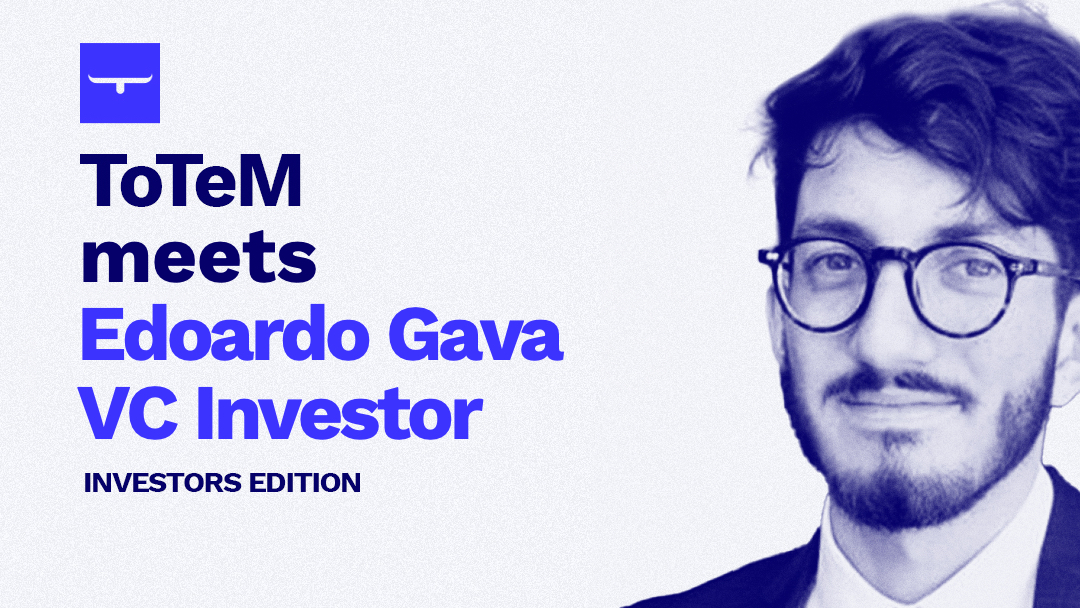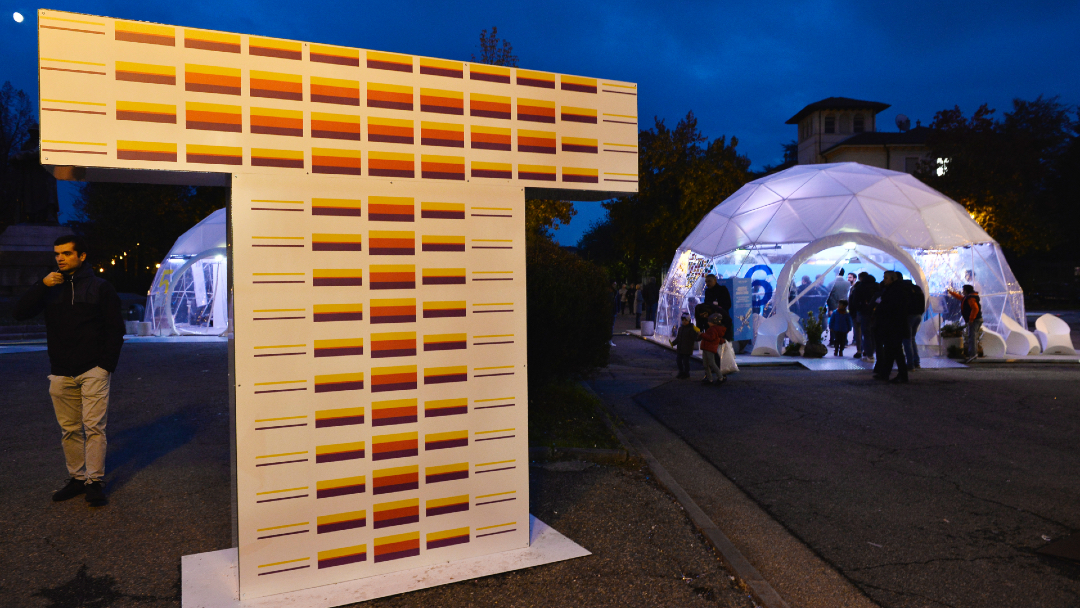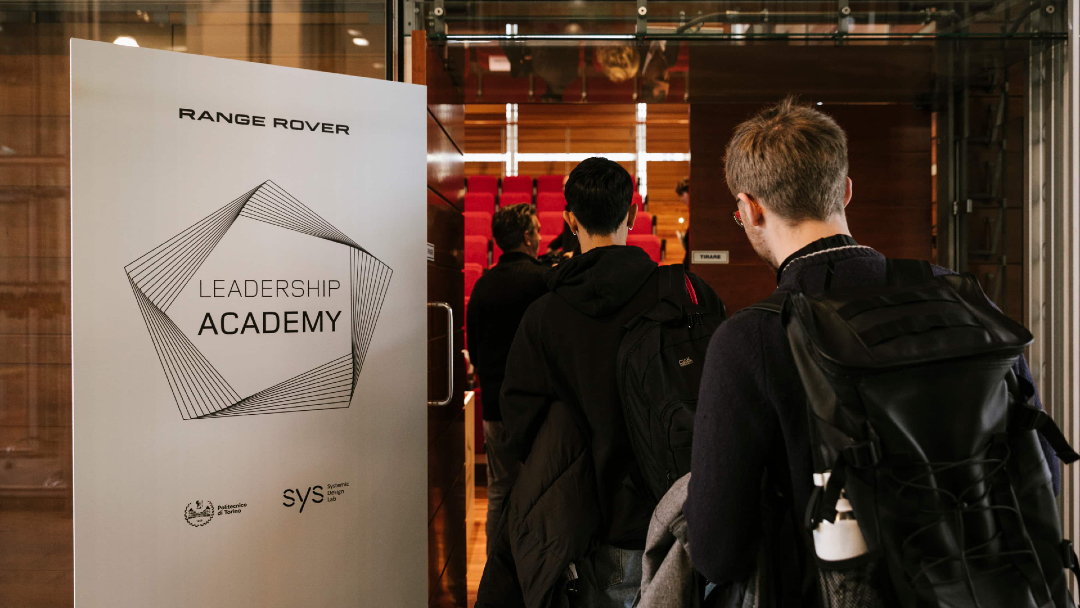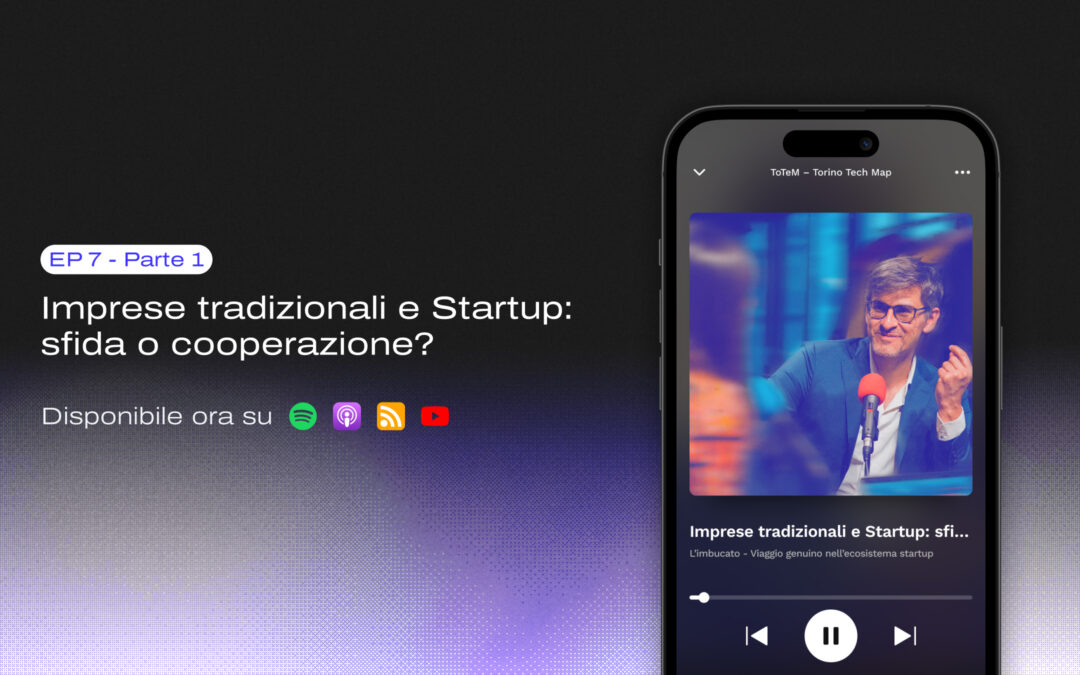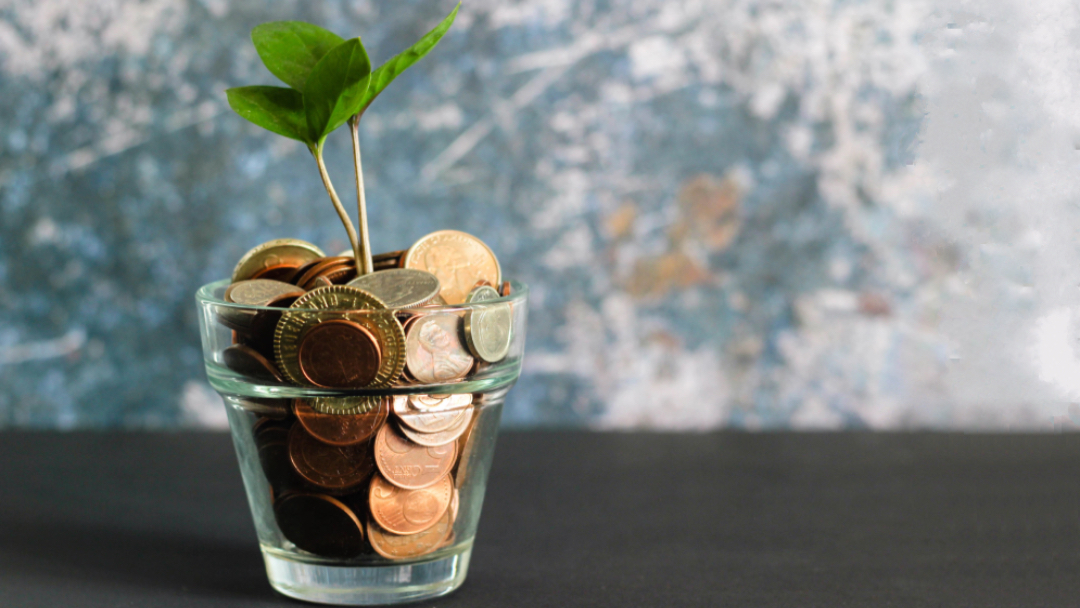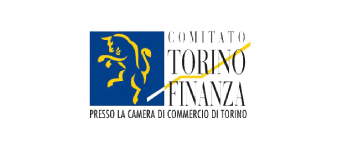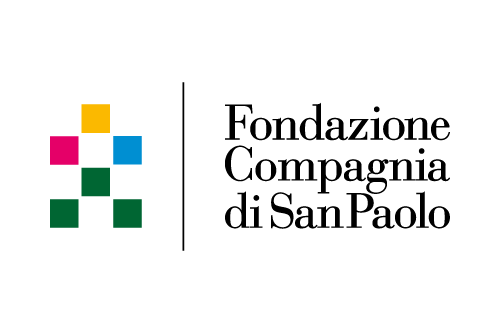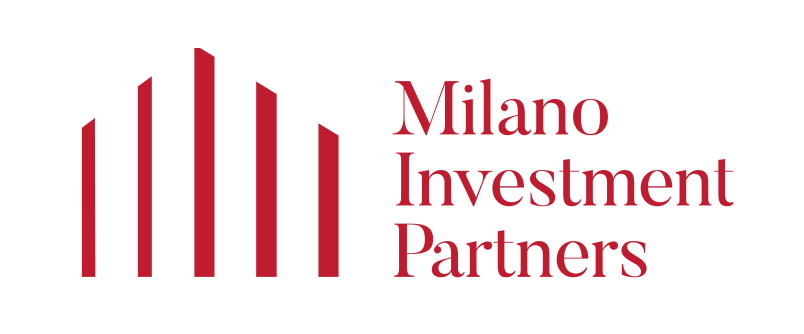
Milano Investment Partners SGR (MIP SGR) is a Venture Capital platform with several alternative and reserved investment funds under management, differentiated by growth stage of the companies in the portfolio and geographical area.
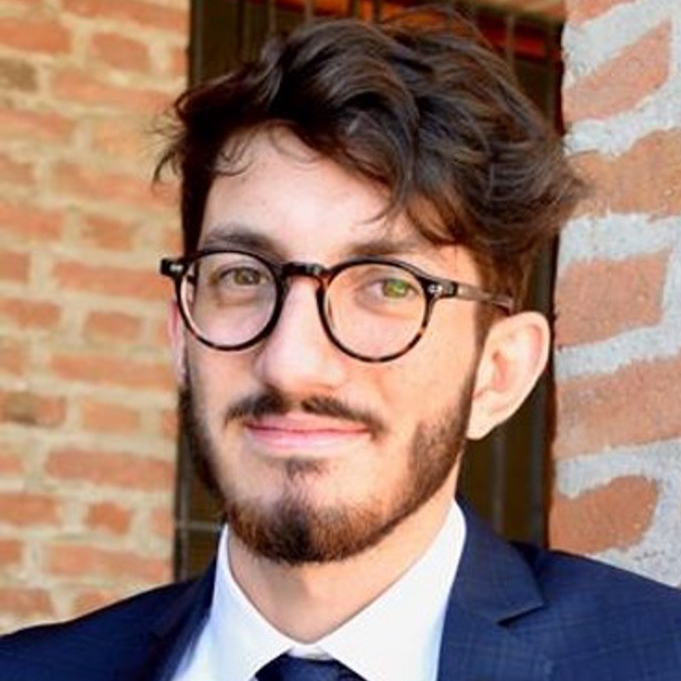
Edoardo Gava
Investment Associate
Edoardo mainly invests in "Consumer Tech" sectors (food, fashion, ecommerce), in companies located in Italy (and Southern Europe) in the scale-up phase (from Serie A onwards). Previously Edoardo worked as strategic consultant in an American multinational company in Milan, and then he was selected by a prestigious international MBA based in Paris. Edoardo completed a double-degree course in Management Engineering at Udine (Italy) and Graz (Austria).
Sometimes a startup risks by placing more importance in the appearance rather than the substance. What is the first thing an investor evaluates and what is the real value of a project?
Edoardo: For a startup to be successful you need an innovative idea, a large or fast-growing market, and a strong team capable of implementing the strategic plan. Personally, for me the fundamental element is the founder and the team involved in the project. Not surprisingly, among the first evaluations we look at an entrepreneur's ability to identify and compensate for missing skills. In addition, especially in the early stage of the company's life, it is important that the entrepreneur has the strength and flexibility to change their business model based on market contingencies and/or feedback received from customers. As far as appearance is concerned, when presenting oneself to investors, a good presentation helps (just like a business card), but it is by no means sufficient. Before investing, a fund goes through a long due diligence process that includes a technical analysis of the product, a legal analysis, an economic analysis of the startup's target market and a financial analysis of the growth forecasted in the business plan. Specifically, on growth we then test the fundamental assumptions behind the business, such as why the acquisition cost decreases over time, or why the order value per customer increases, and so on. In fact, we often see business plans where the current situation grows with a certain trend and then in future years there is a significant jump in margins, turnover volume, and other fundamental KPIs of the business. This is a first sign that something needs to be investigated, we need to understand why they have grown in a certain way up to that point and why they have certain expectations on the forecast. A very first form of due diligence, even before verifying the numbers, is to directly test the service/product. We are in the consumer tech world so very often we test the buying experience. After that there are many other steps, you never invest blindly on an idea without actually testing processes and products.
As for the team, what do you value most?
Edoardo: The human aspect for me is the most important element, but there are several factors that particularly capture the interest. For example, the previous experiences of the founders such as their work background and whether this legitimizes the fact that they claim to be experts in the field in which they are launching their startup. If a startup wants to launch a business in a certain sector but no one on the team has worked in it before, they have no contacts, and if they have no references it is clear that they risk being disadvantaged in the evaluation. Another element that is very much appreciated by investment funds is having experience in other startups, even if these have not been successful. Next, an in-depth analysis of the team is carried out in a broad sense, evaluating seniority and previous experience in the specific area (the more validated these are, the better, obviously). The complementarity of the founders is also evaluated, as well as their specific roles. When proceeding with the investment, the personal relationship that the fund established with the team becomes fundamental, with daily, weekly and monthly contacts depending on the moment of the startup. The relationship between investor and startup becomes even more strategic and important when investing as an Angel, since the company tends to be less structured and needs more guidance.
It is often thought that there are brilliant ideas and unexplored niches behind startups. Do you think that the success of a business really depends on its conceptual component?
Edoardo: I'll answer you with a quote you've surely already heard: "A startup is 1% idea and 99% execution". An extraordinary team definitely makes the difference, whatever the idea, whatever the market, whatever the theme. Personally (outside of my role at MIP), I invested in the startup Smartpricing and, having had the pleasure of working with them personally, I'm sure that even if they completely changed the idea or the product I would invest again because they are exceptional at execution. In a really strong team the idea almost passes in the background because in case of need you are still able to move to other products, services or markets. All the startups had to face very difficult situations during the pandemic, with real difficulties in carrying out their activities in an ordinary way. Many have proven to be exceptional by adapting to needs and "pivoting" in part or completely their business model to survive. On the other hand, you may have a great idea with promising metrics, but if at the first difficulty the team is unable to react, then having the right idea counts for very little.
Besides the idea and the team, is the Vision or the ultimate goal of a project particularly important?
Edoardo: Founders must always have a long-term vision, which allows them, team members and investors to "dream". This vision doesn't have to be static, it can also be modified if circumstances change (especially considering the last 18-24 months). In addition, I believe that a startup, today, cannot ignore having a vision in line with what will be the needs of the next 20/30 years. We know very well that there are important social and environmental issues that are in front of everyone's eyes. A famous example is ACBC, the footwear startup that has re-invented shoes in a sustainable way. Beware that you can adopt sustainable practices in a more decisive way even at a later stage, such as Miscusi (launched in 2017) which became B-Corp in the last year. I hope that in the heads of many startuppers there is a willingness to do good as well in order to have a positive and sustainable impact in the long run.
The value of investments in startups in Italy continues to grow, but we are still far from other European countries such as Germany, France or Spain. Why do we still invest so little in Italy and how could this situation evolve in the future?
Edoardo: In the last ten years, the value of investments in startups has grown five times. It seems like a lot, but the gap with countries like France and Spain (and not England, which has always gone at a "similar" pace to the United States, also for linguistic reasons) is really wide. Italian startups are often calibrated on a more local dimension and do not adapt well in other countries, resulting in limited international expansion. I'm also very confident about Italy, which is starting to make available different resources to feed the whole sector. It is not by chance that new Venture Capital funds are being created and I hope that in the next few years they can double both in number and in firepower. An upstream investment capacity is therefore beginning to form, fed by old and new capital managers, accelerators, corporate venture capital and startup studios. What is missing to date is a flywheel of exits that will reward investors and entrepreneurs. The more successful exits there are, the greater the market confidence and the greater the incentive to invest further in new startups. In addition, this will create a first generation of entrepreneurs capable of launching new businesses or training other entrepreneurs (read about the "Paypal Mafia" or the "Skype Mafia" in Europe). From the point of view of funds instead, the more they are able to monetize their investments, the greater will be the ease with which they can attract new capital to invest, even from abroad, to inject new liquidity into the system. In this way, a virtuous circle can be created that has been seen in other countries. Companies are now looking more carefully at the startup world, both from an integration point of view, like the recent example of the acquisition of Tannico by Campari, and from a collaborative point of view, where for example Enel excels not only in Italy but also in Europe in terms of Open Innovation. If there were even more successful cases, the system could feed itself and grow even more exponentially than we have seen so far.
What would you recommend to a potential startup or to those who want to enter the world of investing?
Edoardo: For those who are interested in entering the world of investors, I recommend having a lot of curiosity. You have to read, study, document and get an idea of the market. Whoever invests in this sector invests in ideas and technologies that can have an impact even in 5/10 years. The entrepreneur must be motivated and ready to receive many no's, so the conviction on his own idea and ability must be maximum. This aspect on a human level cannot be underestimated when launching a business.
